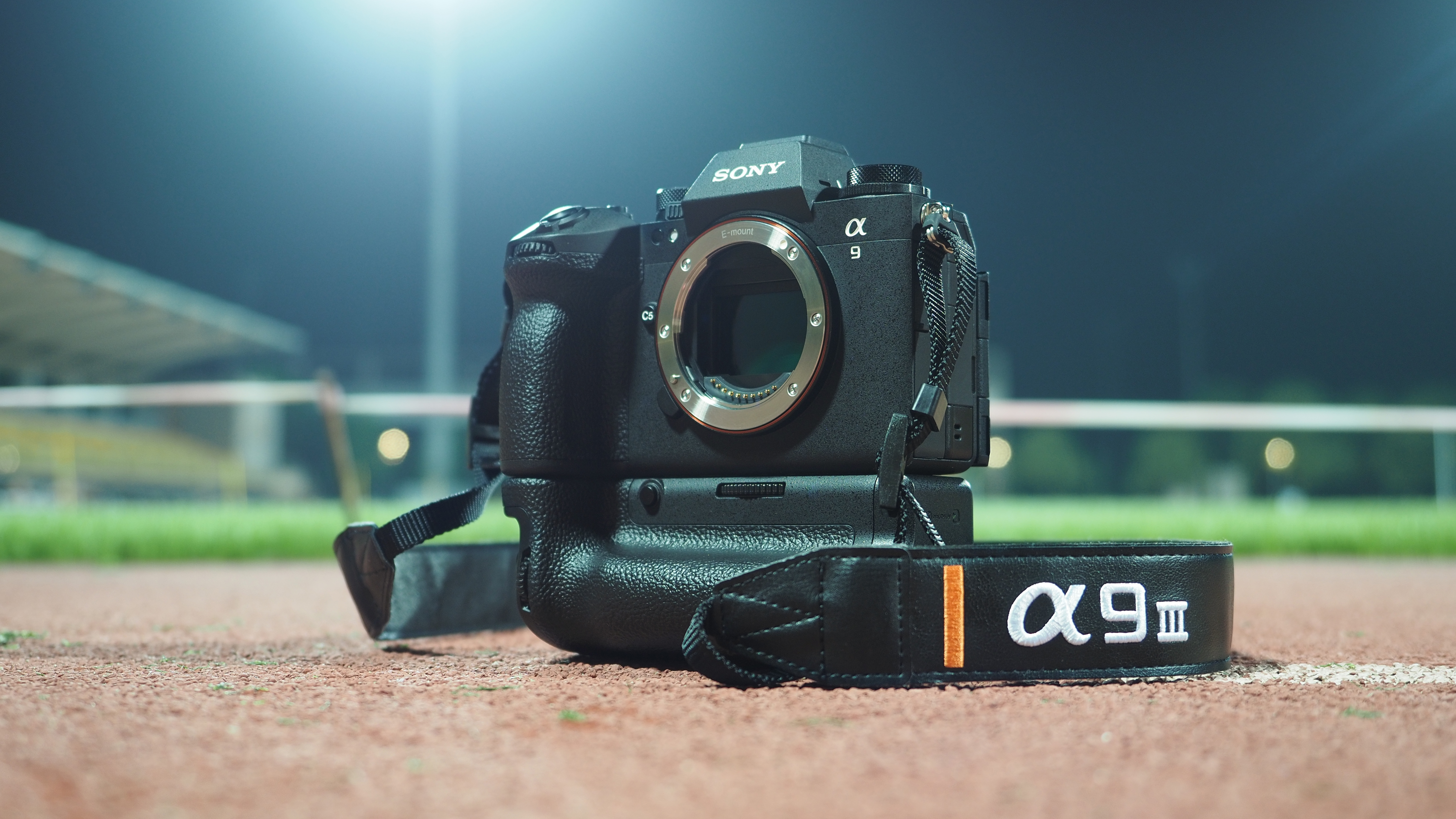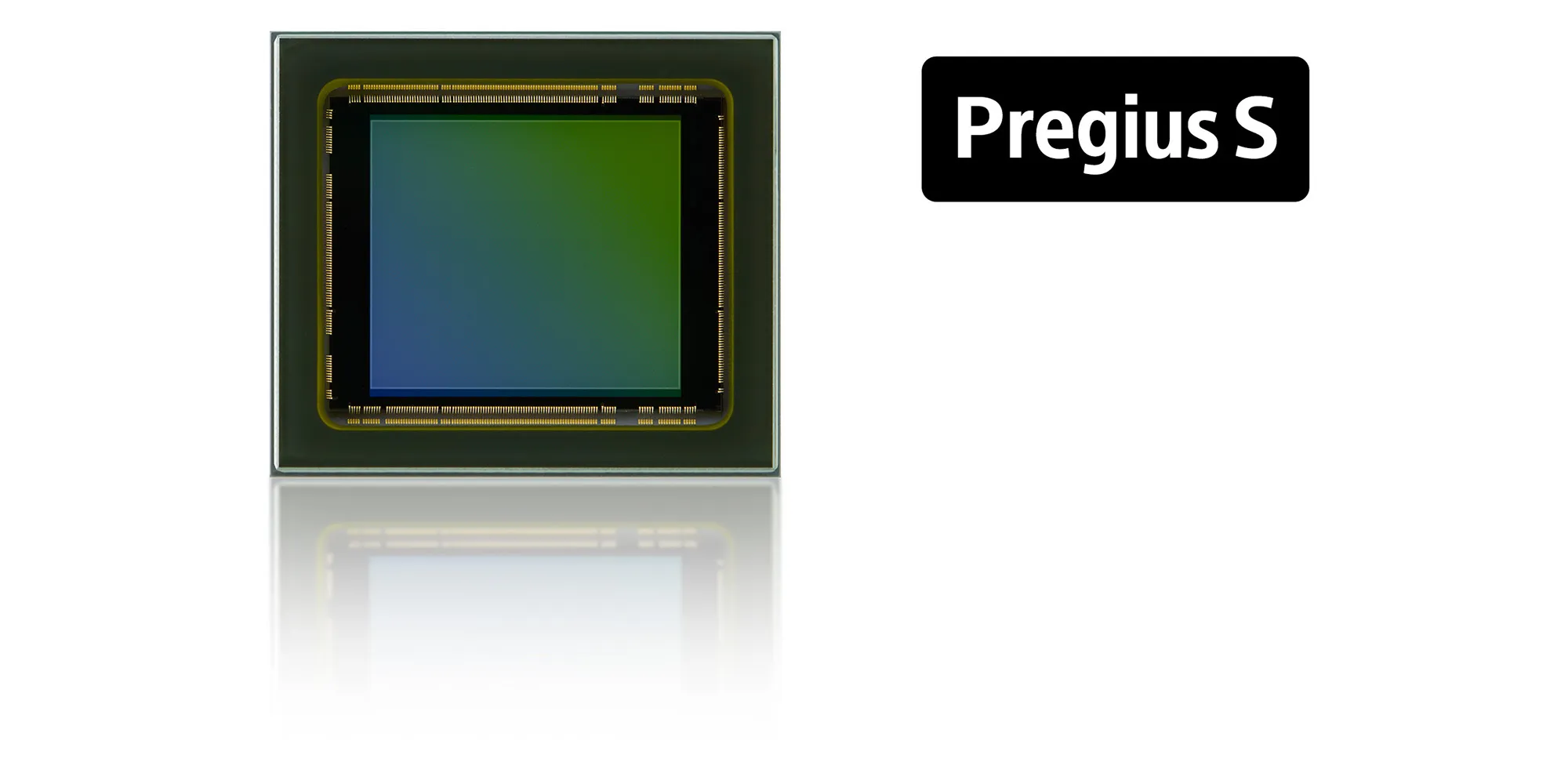
The Sony A9 III won over high-speed photographers and flash enthusiasts with its full-frame global shutter sensor capable of shooting at 120 fps. But, new technology shared by the Semiconductor Solutions branch of Sony shows that the brand now has the technology to make global shutter sensors with a readout as fast as 394 fps, technology that could lead to another game-changing professional camera down the road.
Earlier this week, Sony Semiconductor Solutions unveiled an industrial CMOS sensor that uses a global shutter and offers speeds as fast as 394 fps. The sensor uses a back-lit design but uses a new circuit structure that Sony says is four times faster than earlier models.
The new sensor, dubbed the IMX925, is meant for industrial applications such as using machine vision to monitor factory assembly lines. But while the sensor isn’t meant for a consumer camera at the moment, Sony’s industrial sensors can sometimes hint at what could be possible for future camera models.

The industrial sensor is available in three different sizes and resolutions from 12.41MP to 24.55MP. While none of those industrial sensors are full frame, the tech could give some photographers hope for even more advanced global shutter cameras in the future.
The 120 fps available in the Sony A9 III is enough to make even the largest hard drives cry, however, so it’s doubtful that a bump from 120 fps to 394 fps will be a big draw outside of a few use-specific applications. The futuristic camera that more photographers would dream about, however, would be a mix of the Sony A9 III and the newly announced Sony A1 II.
The pricer of Sony’s high-end mirrorless cameras, the A1 II, offers a 50.1MP resolution but it lacks the global shutter of the A9 III, which enables photographers to use flash at any shutter speed and eliminates some types of shutter distortion. Rather than even faster shutter speeds, I’d rather see a marriage of the two in a high-resolution sensor with a global shutter.
If Sony can pack 24MP into a smaller industrial sensor, however, perhaps future flagships could step up to the plate with both a higher resolution and a global shutter. As with all Sony industrial announcements, however, only time will tell if a variation of the tech makes its way into consumer cameras.
For more information, learn about what is a global shutter, or check out our guides to the best Sony cameras or the best professional cameras.







